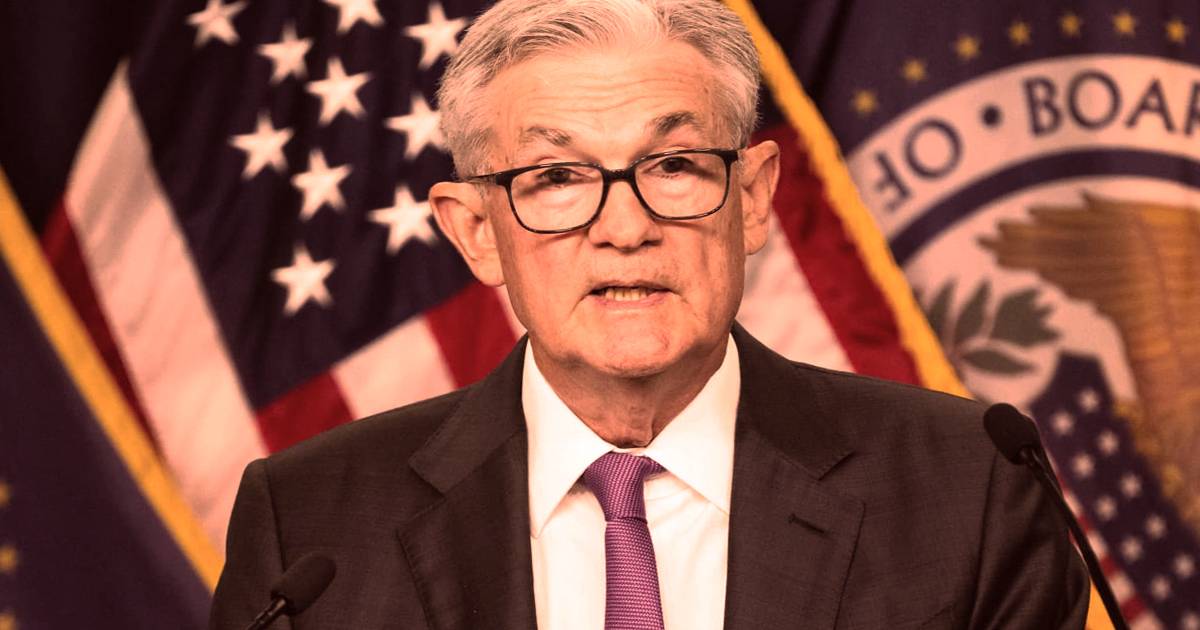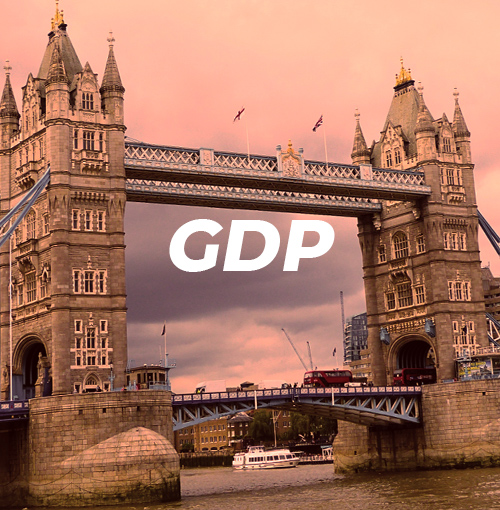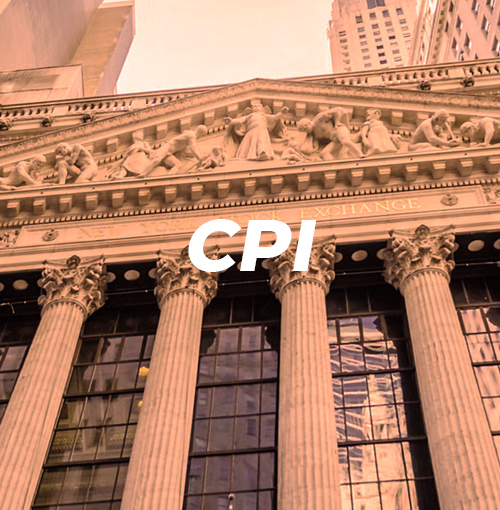
Federal Reserve Rate Hike: What It Means for Investors and the Future of the Economy
In a recent development that has garnered attention in the financial world, the Federal Reserve has implemented a quarter-percentage point increase in interest rates.
The move places the benchmark overnight interest rate in the 5.25%-5.50% range, a tier that hasn't been consistently surpassed for approximately two decades and last observed prior to the 2007 housing market collapse.
While the hike signifies the 11th out of the last 12 meetings to decide on an increase, the Fed's Chair, Jerome Powell, hinted at the possibility of another upward adjustment in September. These recurrent modifications indicate the Federal Reserve's determination to bring the inflation rate back to its 2% target by gently applying brakes to the economy and dampening the labor market's strength.
Remember: The Fed's chair, Jerome Powell, has indicated that another rate increase may be on the horizon as early as September, underlining the Fed's commitment to taming inflation.
The decision comes with the intent to manage the currently soaring inflation that is more than double the Fed's target. The Federal Reserve is heavily reliant on incoming data and continues to assess its implications for monetary policy, as Powell expressed in a post-meeting press conference. He emphasized the necessity of a period of "below-trend" growth, which he believes is critical for inflation reduction.
Although inflation has been mitigating, the labor market continues to prosper with a low unemployment rate of 3.6%. Despite the economic growth remaining above the Fed's estimated 1.8% trend rate, economists expect a slowdown as suggested by the predictions for the second quarter gross domestic product.
Looking at the broader economic landscape, the Fed's continual assessment of the data plays a crucial role in determining the extent of additional policy firming needed to reach its inflation target. The Federal Reserve's adherence to its hawkish approach reveals its commitment to curb price pressures.
Tip: Traders should be aware of the potential implications of a slowing economy and weakening labor market on their investments and strategies.
Powell, however, assured that each decision would be considered on a meeting-by-meeting basis, factoring in the current environment. He made it clear that rate cuts are not on the cards in the immediate future. Powell anticipates that reducing inflation will necessitate a period of below-trend growth and a slight loosening of labor market conditions, but does not expect a severe downturn resulting in massive job losses.
On the other hand, U.S. Treasury yields experienced a drop in volatile trading post the Fed policy announcement, while U.S. stocks remained largely unchanged. Despite predictions of a weaker inflation, odds for a rate hike in September are still in play.
Fact: Despite the possibility of another rate hike in September, Powell has made it clear that rate cuts are not expected in the near future.
Investora advises investors to closely watch the Federal Reserve's policy moves as it could significantly impact their portfolios. If inflation continues to fall, the Fed might hold the nominal fed funds rate steady into 2024, leading to a passively tighter policy.
The U.S economy continues to perform well with robust job growth, strong vehicle sales, and record attendance at entertainment events. Despite these positive developments, Powell expressed a need for slower growth and suggested a possible bias towards higher rates to apply more pressure on demand.
Important: The U.S economy continues to thrive with robust job growth, strong vehicle sales, and record attendance at entertainment events.
Frequently Asked Questions
How should investors react to the recent Federal Reserve rate hike?
The recent rate hike could impact the return on investments. Investors should review their portfolios, particularly interest-sensitive investments like bonds, and consider diversifying their assets.
How might the Federal Reserve's decision impact traders?
Traders might experience fluctuations in the financial market due to changes in interest rates. They should monitor future Federal Reserve's policy announcements to make informed decisions.
What does the potential for another rate hike in September mean for the economy?
If another rate hike occurs, it could lead to a further slowing of economic growth and a softening of labor market conditions. However, it could also help bring inflation closer to the Federal Reserve's target.
How does the Federal Reserve's interest rate decision impact inflation?
Raising interest rates can help control inflation by slowing economic growth. When interest rates increase, borrowing costs rise, which can reduce spending and, in turn, lower inflation.
Interesting Fact: Despite the Federal Reserve's announcement, U.S. stocks ended largely unchanged, demonstrating the resilience of the market amidst policy changes.
- Share this article





